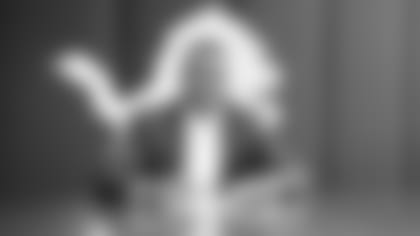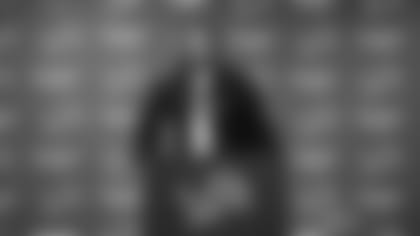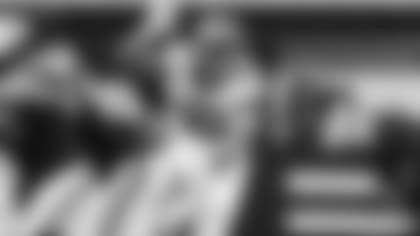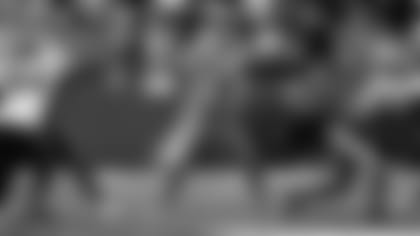Rookie tight end Isaac Nauta had a lot of decisions to make in a few short seconds in the Detroit Lions Family Fest scrimmage at Ford Field Friday evening.
Based on the result – a 28-yard touchdown catch – he made the right ones from the snap that started the play to the catch in the end zone that ended it.
"It's just a repetition thing I've been working on for years," Nauta said of the play that was one of the highlights of the scrimmage.
On an individual level, Nauta showed that he has made progress in training camp after not participating in most of the offseason program while rehabbing an injury sustained in his third and final year at Georgia.
The Lions drafted him in the seventh round – and 224th overall – when they really weren't looking for a tight end after taking T.J. Hockenson of Iowa in the first round and eighth overall. Nauta was a "value pick" – too good to pass based on his talent.
On a broader team level, Nauta's play indicated that the project to rebuild the tight end position is progressing.
The Lions already had signed free agents Jesse James and Logan Thomas before they drafted Hockenson and Nauta.
Nauta was highly recruited coming out of high school, and he made an impact early at Georgia. As a true freshman in 2016 he had 29 catches, three TDs and an average of 12.4 yards per catch. His role changed, leaving him with only nine caches on the 2017 team that lost to Alabama in the national championship game.
Nauta bounced back in 2018 to catch 30 passes, with three TDs and an average of 14.3 yards per catch. He had four catches for 81 yards and a TD in Georgia's loss to Alabama in the SEC championship.
Obviously, Nauta has benefitted from the experience of playing big games against big-time SEC opponents. That showed in his touchdown catch.
"There is a lot of learning on that play," said head coach Matt Patricia.
The play had a chance to work from the snap, when Nauta read the coverage and figured he would be the first option on the play with single coverage from Miles Killebrew.
"I knew I had a vertical (route)," Nauta said. "I knew the ball was more than likely coming my way, because that's the type of matchup you look for as a quarterback. I knew I had a man coverage look. I just tried to out-run him."
Nauta sprinted down the right hash marks toward the end zone, knowing Killebrew was in tight coverage.
The ball was slightly underthrown, which forced Nauta to slow down and not over run the throw.
He also used the "late hands" technique, which means he didn't reach for the ball until the last instant. That gives the defender less time to react to the ball.
"With defensive backs, especially at this level, the smallest thing will tip off that the ball is coming," Nauta said.
The final act was to catch the ball, which looked like it might have grazed Killebrew's arm. Nauta had control as he and Killebrew tumbled to the turf.
"I saw it out of the corner of my eye," Nauta said. "There's just a lot of preparation, working on those catches."














